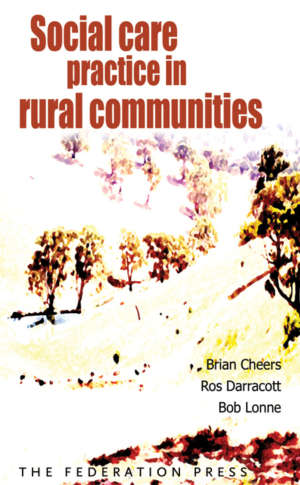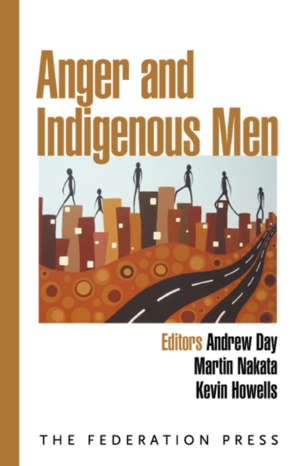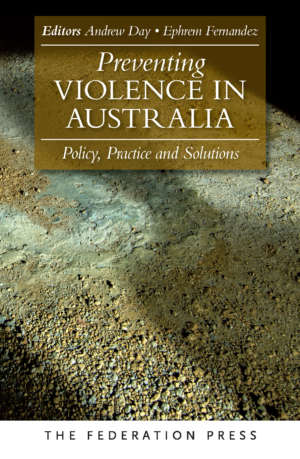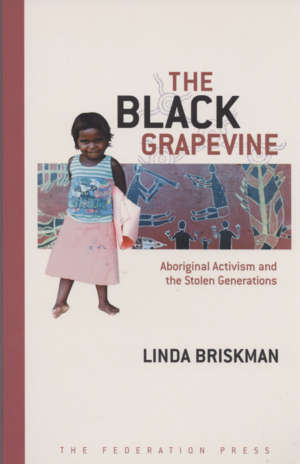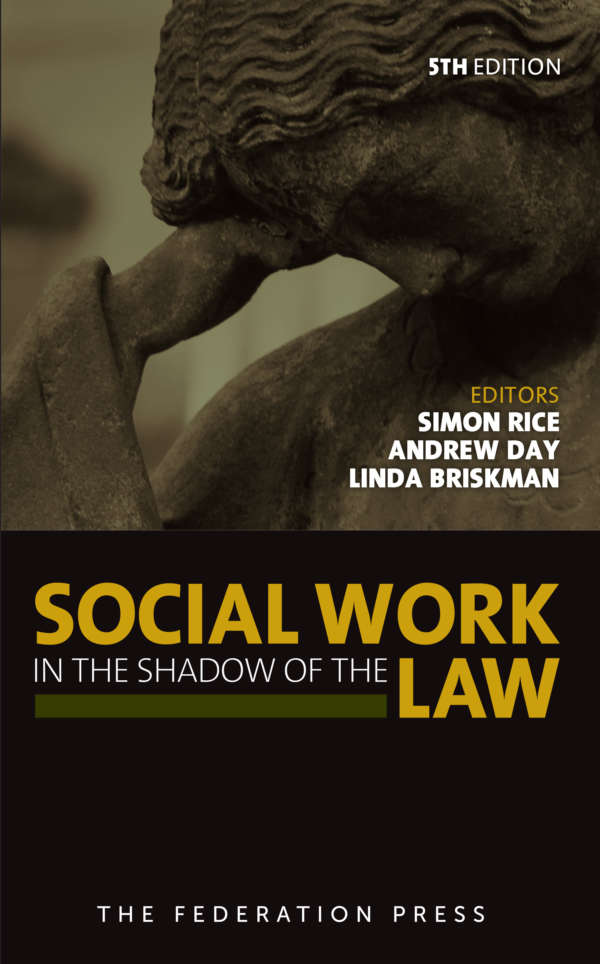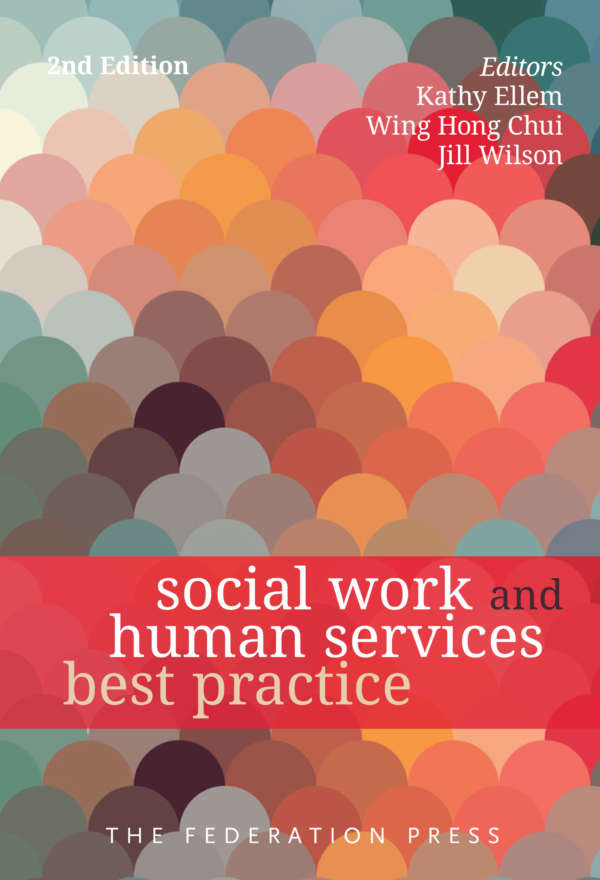Product Description
In Social Work with Indigenous Communities – A human rights approach, Linda Briskman, social worker, academic and author of the acclaimed book The Black Grapevine – Aboriginal Activism and the Stolen Generations, throws down the gauntlet to practitioners and students of social work, challenging them to pursue a better, more informed way of meeting the unique needs of this community.
The realisation of the human rights of Australia’s Indigenous population has been marred by recurring and seemingly intractable issues such as poor health and over-representation in child welfare and juvenile justice systems. In this second edition, Briskman adopts a discursive human rights approach which offers the potential to center Indigenous rights and Indigenous voice.
Fully updated, the book includes new chapters and references to literature and research which have been published since the first edition. There are specific chapters devoted to the areas of youth, health, criminal justice, children and families and an interrogation of different forms of social work practice such as casework, advocacy, research and community development.
This book provides practitioners and students with a good understanding of the circumstances they will be presented with when working with Indigenous communities, and an opportunity to reframe their practice so that they can provide services that are the best fit for Indigenous aspirations and rights. Good practice is marked by recognition of the strengths of Indigenous communities and an understanding of how to acknowledge and facilitate these. A human rights framework offers the potential for this to be achieved.


